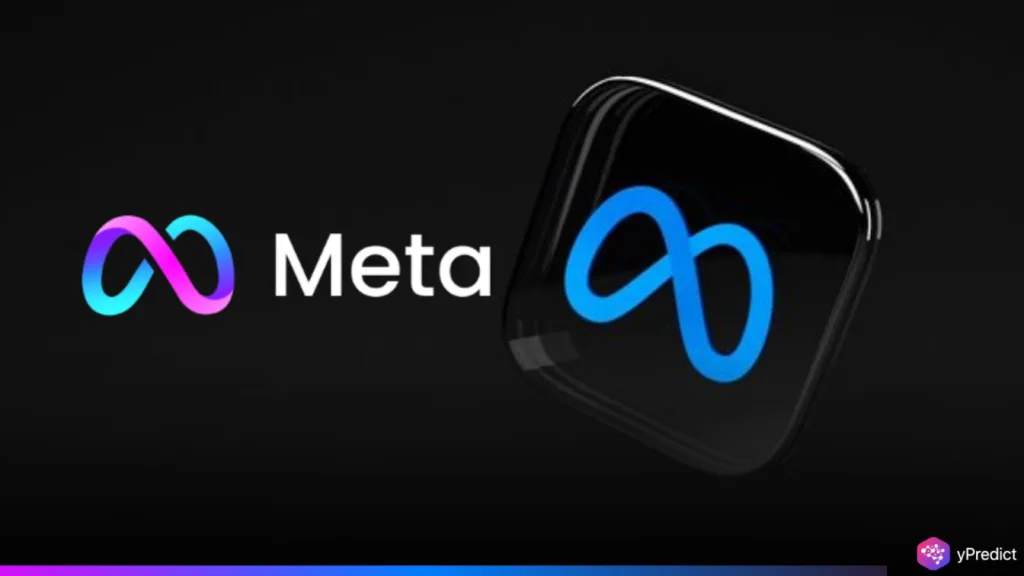
In a bold shift from acquisition to influence, Meta Platforms is taking a strategic detour in its pursuit of artificial intelligence dominance. After failing to acquire Safe Superintelligence Inc. (SSI), co-founded by OpenAI’s Ilya Sutskever, Meta is now recruiting SSI CEO Daniel Gross and investing in his venture capital firm, NFDG. This move signals Meta’s evolving approach, securing access to cutting-edge AI talent and early-stage innovation without the constraints of full ownership.
Venture Capital as a Back Door to AI Dominance
According to CNBC, Meta is stepping up its goal of artificial intelligence leadership by bringing on two of the industry’s most powerful investors, Nat Friedman and SSI CEO Gross. The IT giant is in advanced talks to hire both and acquire a significant stake in their venture fund, NFDG. This fund, which holds assets in several high-profile AI startups, may cost Meta more than $1 billion if the transaction is completed.
Gross, who presently leads Safe Superintelligence (SSI), an AI business co-founded with former OpenAI scientist Sutskever, is expected to leave SSI to take on a leadership role at Meta. While Gross will largely focus on expanding Meta’s AI product line, Friedman’s responsibilities are expected to include broader strategic initiatives.
Both will report to Scale AI’s creator, Alexandr Wang, who Meta acquired as part of its recent $14.3 billion investment in the firm.
Friedman, the former GitHub CEO who guided the platform through its acquisition by Microsoft, has been advising Meta on AI since 2014. Together with Gross, he co-founded NFDG, a venture fund known for backing companies like Coinbase, Figma, CoreWeave, Perplexity, and Character.ai.
Moreover, as part of the agreement, Meta aims to acquire a minority stake in NFDG’s portfolio, gaining exposure to several promising AI firms without direct control or privileged access to sensitive data.
A Strategic Shift After the Failed Acquisition
Earlier this year, Meta made an ambitious attempt to acquire Safe Superintelligence (SSI), the AI startup founded by Sutskever after he departed from OpenAI. Sources familiar with the negotiations revealed that Sutskever rejected both Meta’s reported $32 billion bid for the company and its efforts to recruit him personally.
After those talks failed, Meta redirected its focus toward bringing on Gross and Friedman, aiming to strengthen its artificial intelligence leadership through their expertise. These hires reflect Mark Zuckerberg’s aggressive approach as he doubles down on AI talent to advance Meta’s artificial general intelligence (AGI) aspirations.
This hiring frenzy highlights fierce competition for AI talent as Meta, Google, OpenAI, and Microsoft race toward artificial general intelligence. Sam Altman recently shared that Meta offered $100 million bonuses and large salaries to lure talent from OpenAI’s team. Despite these efforts, Meta has not succeeded in attracting OpenAI’s core staff, who remain loyal to their current mission.
Meta Expands AI Reach as Talent War Heats Up
Meta’s investment in NFDG gives it indirect exposure to top AI ventures, including SSI, Perplexity, Character.AI, and CoreWeave. The exact impact on NFDG’s portfolio remains unclear, but the move supports Meta’s broader strategy to build its AI ecosystem.
OpenAI recently invested $6.5 billion to bring in Jony Ive, famed iPhone designer, and acquire his promising new startup. Google and Microsoft have also struck billion-dollar deals to secure top AI talent and advance their artificial intelligence capabilities. Microsoft’s $650 million acquisition of Inflection AI primarily focused on acquiring skilled personnel and enhancing its artificial intelligence initiatives globally.
A Meta spokesperson said the company will soon share more details about its superintelligence plans and new team members. As the AI leadership battle intensifies, Meta’s recent actions show how far major players will go to shape AI’s future.





